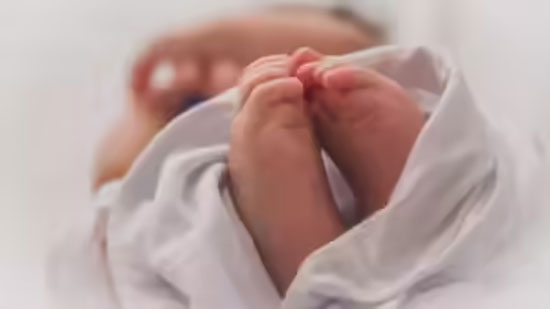Daijiworld Media Network - Mangaluru
Mangaluru, Oct 26: Data over the last decade from Dakshina Kannada (DK) and Udupi districts shows a worrying trend — the number of female births continues to remain lower compared to male births, indicating a persisting gender imbalance. Alongside this, fertility rates too have recorded a steady decline, raising concern among health experts.
According to government records, in DK during 2013-14, there were 13,536 male births compared to 12,527 female births — a ratio of 925 girls for every 1,000 boys. By 2024-25, the figures stood at 11,235 male births and 10,587 female births, raising the ratio slightly to 942 girls per 1,000 boys.

In Udupi, the gap has persisted. In 2014, the district recorded 10,473 male births against 9,193 female births, a shortfall of 1,280 girls. In 2024, the gap narrowed somewhat, with 5,646 boys and 5,515 girls born. However, the number of female births has remained on the lower side consistently over 10 years.
Health department officials noted that an increasing number of couples prefer a male child. If the firstborn is a boy, many couples stop at one child, while if the firstborn is a girl, they consider a second child. This mindset has significantly influenced the gender ratio.
Fertility rates too have dropped in DK. While the fertility rate was around 2% two decades ago, it now stands at just 1.5%. Doctors attribute the decline not only to women’s literacy and empowerment but also to socio-economic, cultural, and psychological factors. Stress at work, changing lifestyles, and late pregnancies are also contributing reasons. Although maternal mortality has reduced, complications like severe bleeding and uterine issues remain challenges, doctors said.
Udupi district has also seen a drop in overall births. In 2014, the highest in the decade, 19,666 children were born. Since then, numbers have gradually decreased — 18,189 in 2016, 18,649 in 2017, 15,978 in 2018, 11,568 during the Covid-hit year 2019, and continuing to 11,161 births in 2024.
“Changing lifestyles, dietary habits, excessive work-related stress, and lack of time among couples have all contributed to declining fertility,” explained noted psychiatrist Dr P K Kiran Kumar of AJ Hospital, Mangaluru.